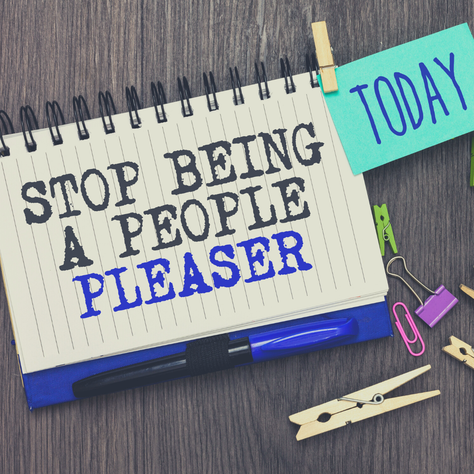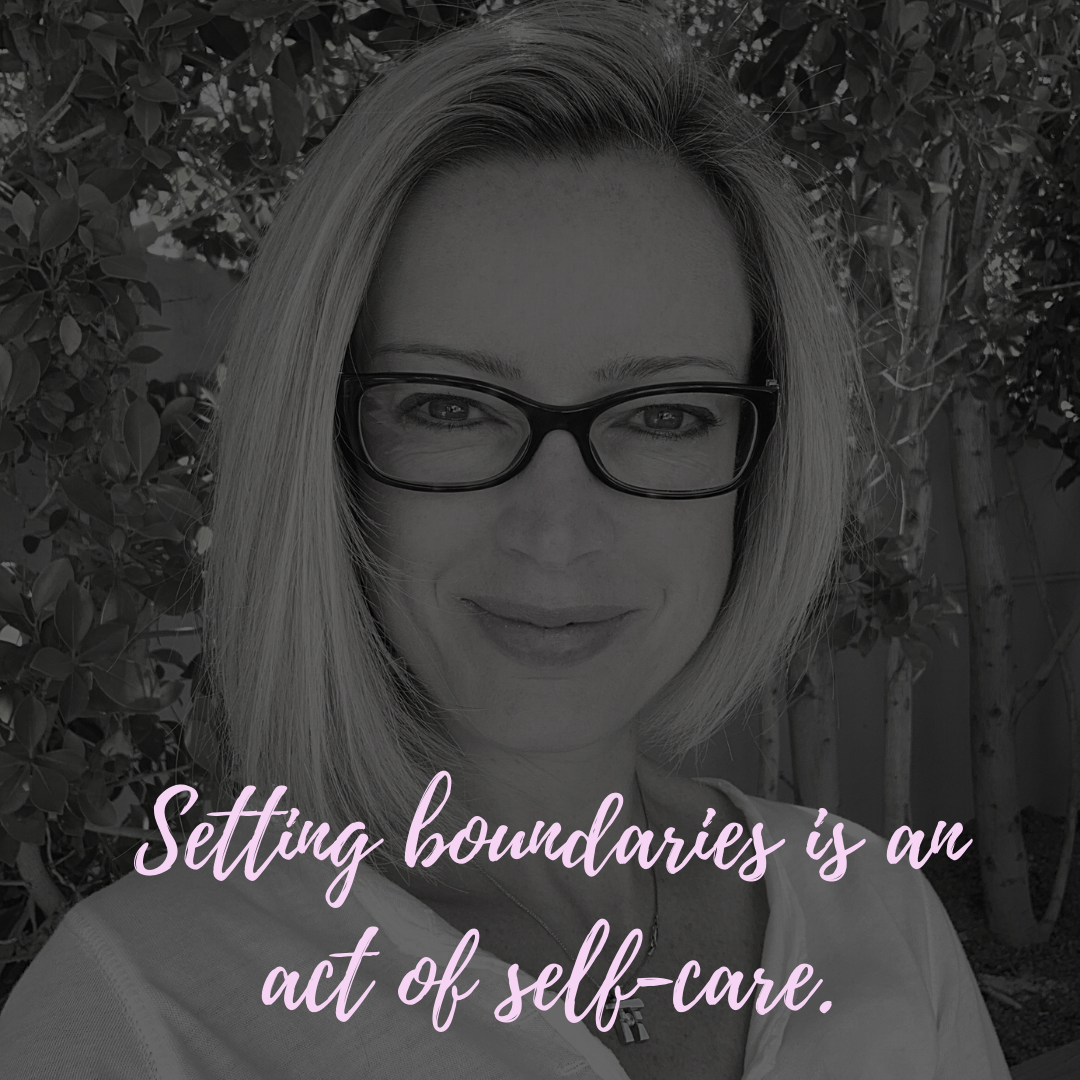|
We all want to be accepted and validated. However, for some people, the need for approval leads to such unhealthy people-pleasing tendencies that they negate their own opinions, wants and emotions in favour of the approval of others. People-pleasers often do not end up living the life that they desire because to avoid disappointing someone, or to avoid an adverse reaction; they put other people’s feelings ahead of their own by frequently say “yes” when really, they mean “no”. And the reason why they do this is for a multitude of reasons:
I myself was an anxious kid growing up, and this led me to become a people pleaser, which I continued to be for a good portion of my adult life. Despite having an inner voice telling me that I didn’t want to do certain things, I would invariably end up ignoring my inner voice to make other people happy. I assumed that if other people were happy, that meant that they would “like” me. Essentially I had very poor self-worth. “When you say “yes” to others, make sure you So how do we learn to develop a strong sense of self and drop the people-pleasing tendencies? Put Yourself First This is a radical concept for a people pleaser, especially for a lifelong people-pleaser. In my late 20’s/early 30’s I realised that by putting others first, I was putting myself last, and with this realisation, I began working on reversing this. I began to put myself first by no longer looking for other people’s approval to make me happy. Furthermore, I stopped thinking that I had to be the source of other people’s happiness. Before agreeing to or committing to anything, I began asking myself what my gut reaction was telling me. Was my gutting screaming “hell yes” or was it screaming “hell no”? Whatever my gut told me, I went with it, regardless of if my decisions or actions would displease someone else. Eventually, with practice, listening to my gut became section nature. Key questions to ask yourself:
Accept Yourself Society and in particular advertising tell us that we need to be perfect. Our bodies need to be the ideal size and shape, and this pressure to be perfect is compounded by perfectionism being ‘sold’ on social media these days. Airbrushing, filters and the highlight reel of people’s lives plastered across social media make the people viewing these posts feel like they are lacking. And the resulting “less than” feeling can lead people to ask themselves: Why aren’t I perfect and why isn’t my life perfect? The best thing we can do to stop putting pressure on ourselves to be perfect, and, to cease being a people-pleaser is to accept ourselves as we are. To cultivate self-acceptance, we need to appreciate that comparing and contrasting ourselves to others and societies expectations of us is not empowering. The media, social media, and advertisements that continuously bombard us are unrealistic, and we must recognise this. Pictures are photoshopped and airbrushed, and the sound-bites we view from friends, family and celebrities via social media are but a snippet of reality. Knowing and realising this is a fundamental step to developing self-acceptance. Furthermore, to develop self-acceptance, we need to love and accept both our positive and negative qualities without judgement. We need to recognise that everyone has faults – there are no perfect human beings and putting ourselves down and beating ourselves up is not beneficial, nor is it healthy. Key questions to ask yourself:
Develop Boundaries I have discussed setting boundaries on a few other occasions so I won’t repeat these here, however, if you would like a refresher on how to establish, communicate and commit to boundaries, you can read how here: feelings.html and setting-boundaries.html “Your self-worth is not determined by others.” To conclude, you do not have to be a people pleaser, and you do not need the approval of others. If you receive an adverse reaction from someone because you said ‘no’ or because you decided to honour your needs instead of someone else’s, remember that you do not need to feel guilty. Their response is an indication that they do not respect your boundaries, and as a result, this is their issue, not yours.
0 Comments
Leave a Reply. |
�
Claire RogersHi! Welcome to the Mindset Coaching Blog, where I will be sharing with you how to develop healthy habits and empowering beliefs. Blog Categories
All
Ready to further your personal development journey?
Sign up for the the iTopia Signature Coaching Program: Getting Out of the Rut by Getting Unstuck! An online self-directed mindset coaching program built on the idea that life satisfaction and happiness comes from pushing past limiting beliefs, the status quo and our comfort zone. |




